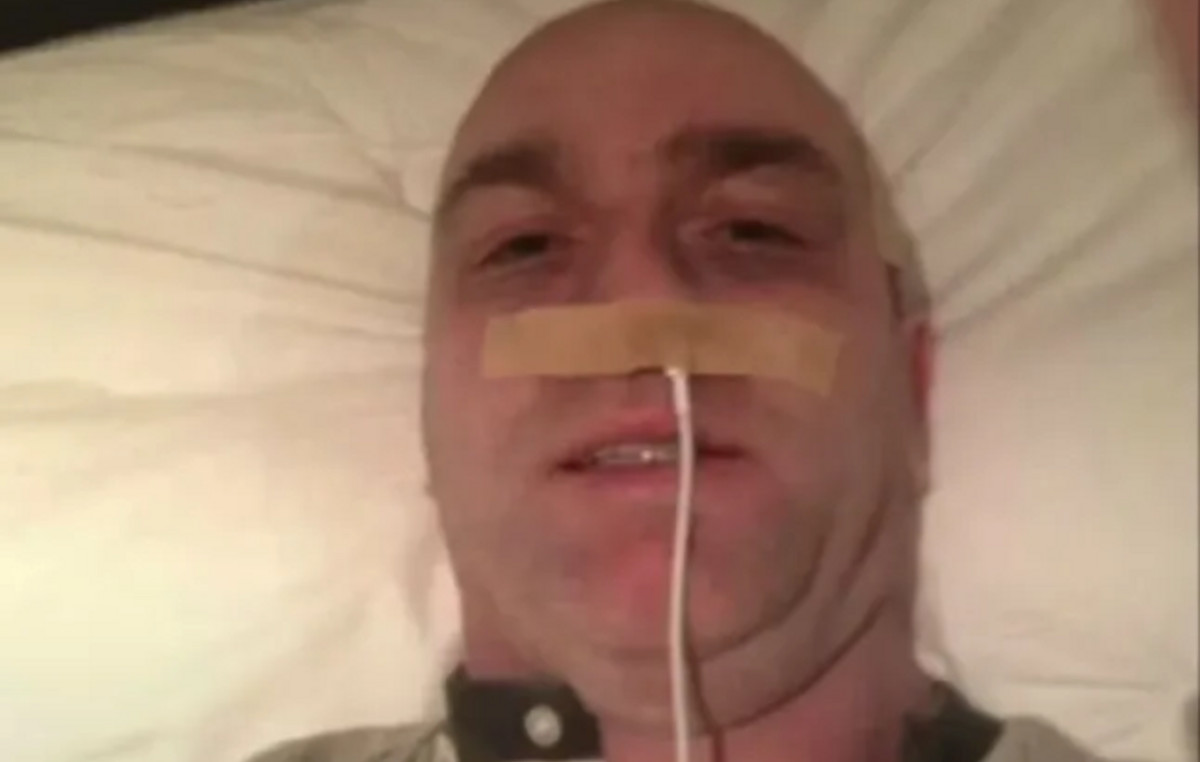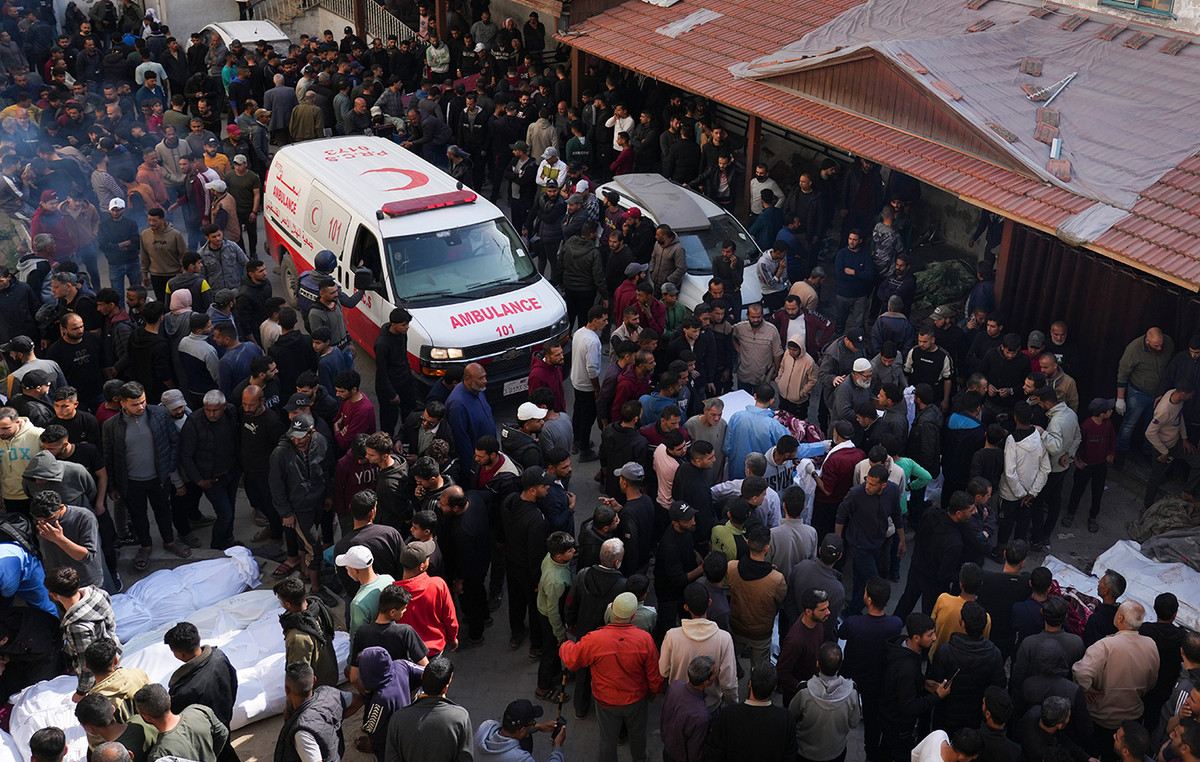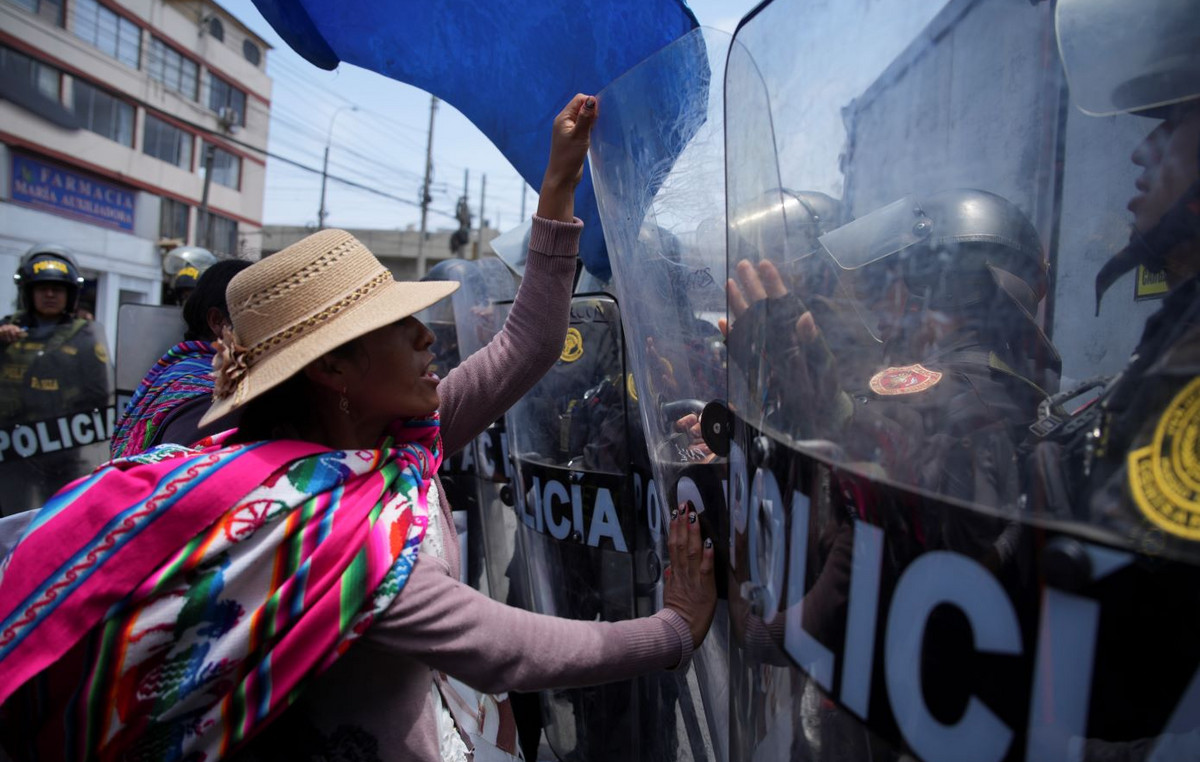By Bobby Ghosh
Judging by Turkey’s pro-government media, President Recep Tayyip Erdogan scored a major geopolitical victory for his country at the North Atlantic Treaty Organization (NATO) summit in Madrid last week. “Turkey has slammed its fist on the table, Europe is on its knees,” declared the conservative newspaper Yeni Akit.
This was a reference to Erdogan’s all-out stance on the inclusion of Sweden and Finland, which has forced the other members of the alliance to invest time and energy in persuading him, at a time when NATO faces its most serious test here and decades as a result of Russian expansionism. The two northern European countries eventually signed an agreement with Turkey, pledging to address its security concerns, which center mainly on Kurdish groups that Ankara considers terrorist.
This allowed the president of Turkey to withdraw his objections to their joining the Alliance. As a reward, Erdogan received a face-to-face meeting with US President Joe Biden and White House support for the sale of F-16 fighter jets to Turkey. NATO also held a special session to discuss issues related to its southern flank, allowing the Turkish leader to raise the threat of Kurdish terrorist organizations, an issue that has become his personal obsession.
In the coming weeks and months, Erdogan will be talking about his success in Spain as he continues to campaign for re-election to his country’s highest office. With less than a year left to face an electorate experiencing severe financial distress, the Turkish head of state will seize every opportunity to succeed.
However, those Turks looking closely at the last-minute machinations in Madrid will already know that Erdogan has gained very little – and may have lost a lot at the same time. Even if he received as a prize the opportunity to articulate a few lines that he can use for his campaign speeches, the Turkish president missed the opportunity to return Turkey to the big table of international affairs.
He could have used his cards differently. Instead of holding Sweden and Finland hostage, Erdogan could have used his status as NATO’s longest-serving leader to play the role of statesman in a time of crisis and conflict. His views on the escalating crisis along NATO’s eastern border, with the war in Ukraine and tension in the Baltics, would be particularly valuable because he enjoys a closer relationship with Russian President Vladimir Putin than any other Alliance leader. .
Instead, the games he played confirmed Erdogan’s reputation as a NATO disruptor who pursues and puts national and personal gains above the Alliance’s collective good. When Sweden and Finland join the bloc, the list of members with bitter experience of Erdogan’s self-serving opportunism will have grown by two. Others, already exasperated by his embraces of Putin and staking the common security of member states with purchases of Russian anti-missile defense systems, will not easily forget that when the great crisis hit everyone, Erdogan was playing the games of a national politician. of interest.
And for what purpose? The agreement with the two Northern European countries ultimately includes less than it seems at first glance. Although Sweden and Finland have agreed to respond to Turkey’s longstanding accusations that they harbor Kurdish terrorists and other groups dedicated to ousting Erdogan, they have more than enough leeway when it comes to taking action against those that Ankara has labeled as enemies.
Data on the folding space available for Swedes and Finns will be available soon. Turkey asked Sweden and Finland to extradite 33 people. Some of them are said to be members of the Kurdistan Workers’ Party, known as the PKK, which has been designated a terrorist organization by the US and the European Union, as well as by Turkey. Others are followers of Fethullah Gulen, a Pennsylvania-based Turkish cleric and former Erdogan ally whom Ankara blames for the 2016 coup attempt (Gulen has denied the charge).
However, the agreement announced in Madrid does not commit Sweden and Finland to hand over specific individuals, much less oblige them to change their extradition laws. The burden of proof they will demand from Turkey is significant and the chances that any of the 33 will get on a plane to Ankara soon are not many.
The other commitment in the tripartite agreement is somewhat more important: the two Nordic countries will lift their arms embargoes against Turkey. But the weapons Ankara most desires are of American origin, and Erdogan has made little progress on that front.
Biden’s support for the sale of the F-16s cannot be called a concession: it has been expected for many months. The main obstacle has been Congress, where US lawmakers and senators have suspended the sale to punish Erdogan for his decision in 2017 to buy Russian-made S-400 missile defense systems, despite US warnings that doing so would jeopardize NATO security. Even there, objections had already softened before the conflict over NATO expansion. In any case, the F-16s are a consolation prize alone. Turkey remains blocked from acquiring more advanced F-35s – it was meant to participate in the jets’ construction, but was kicked out of the program when it bought the S-400s.
And that face-to-face meeting with Biden? The two men smiled out of necessity for the cameras, and Erdogan can use these images to advertise his status as a global leader. But Biden does not appear to have changed his assessment that the Turkish president is the leader of an authoritarian regime and that the US should “encourage” his opponents to defeat him next year. Erdogan may yet discover that Biden was smiling completely faintly, as if he were doing a chore.
As for that NATO Summit meeting on its southern flank, that was not so much a concession to Turkey as a favor to Spain, which was hosting the summit and which wanted a discussion on migration and armed groups in Africa.
Erdogan has long turned to foreign policy adventurism at the expense of Turkey’s allies, and he extended that streak in Madrid. However, his profits from these maneuvers have been reduced to a minimum, if not to nothing.
Source: Bloomberg
I’m Ava Paul, an experienced news website author with a special focus on the entertainment section. Over the past five years, I have worked in various positions of media and communication at World Stock Market. My experience has given me extensive knowledge in writing, editing, researching and reporting on stories related to the entertainment industry.






